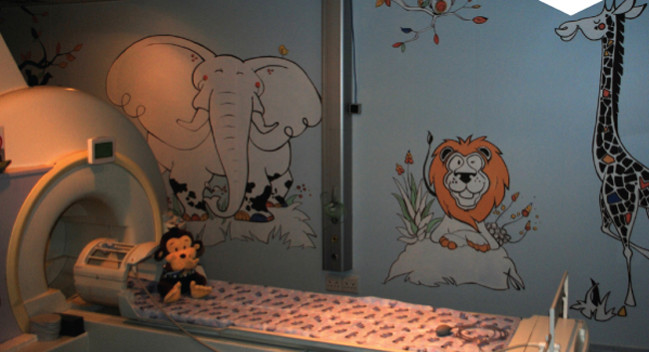The Siemens 3 Tesla Magnetom Allegra, the centrepiece of the brain-imaging capabilities at the Cape Universities Brain Imaging Centre (CUBIC), is currently the most advanced brain imaging instrument on the market.
Over its nearly seven-year history, access to this cutting-edge brain imaging has made possible multiple research projects in key areas, including neurocognitive effects of HIV, TB, medical drugs, alcohol, crystal methamphetamine (tik), foetal alcohol syndrome, psychological trauma and schizophrenia.
For researchers whose work centres on correlating what is seen clinically with vital structures in the brain, the CUBIC technology and its staff are invaluable. “Having access to the 3T scanner is tremendous and very few countries in the developing world have access to this technology,” says Dr Jacqueline Hoare, director of the Division of Liaison Psychiatry in the Department of Psychiatry and Mental Health.
The CUBIC has also led to impressive growth in basic science research with improved imaging and analysis techniques. In a collaboration with the Centre for High Performance Computing, data archiving and analysis is facilitated on the largest computer cluster in Africa.
The core focus of the centre is collaborative neuroimaging research and establishing the CUBIC as a cutting-edge neuroimaging research facility. In this way, the centre aims to develop and foster technical expertise, publish results in peer-reviewed journals and strive towards better healthcare management in South Africa.
Part of a joint initiative between Siemens, Stellenbosch University, UCT and the Medical Research Council, the CUBIC is situated on the Stellenbosch University Health Sciences Campus.



Comments are closed.